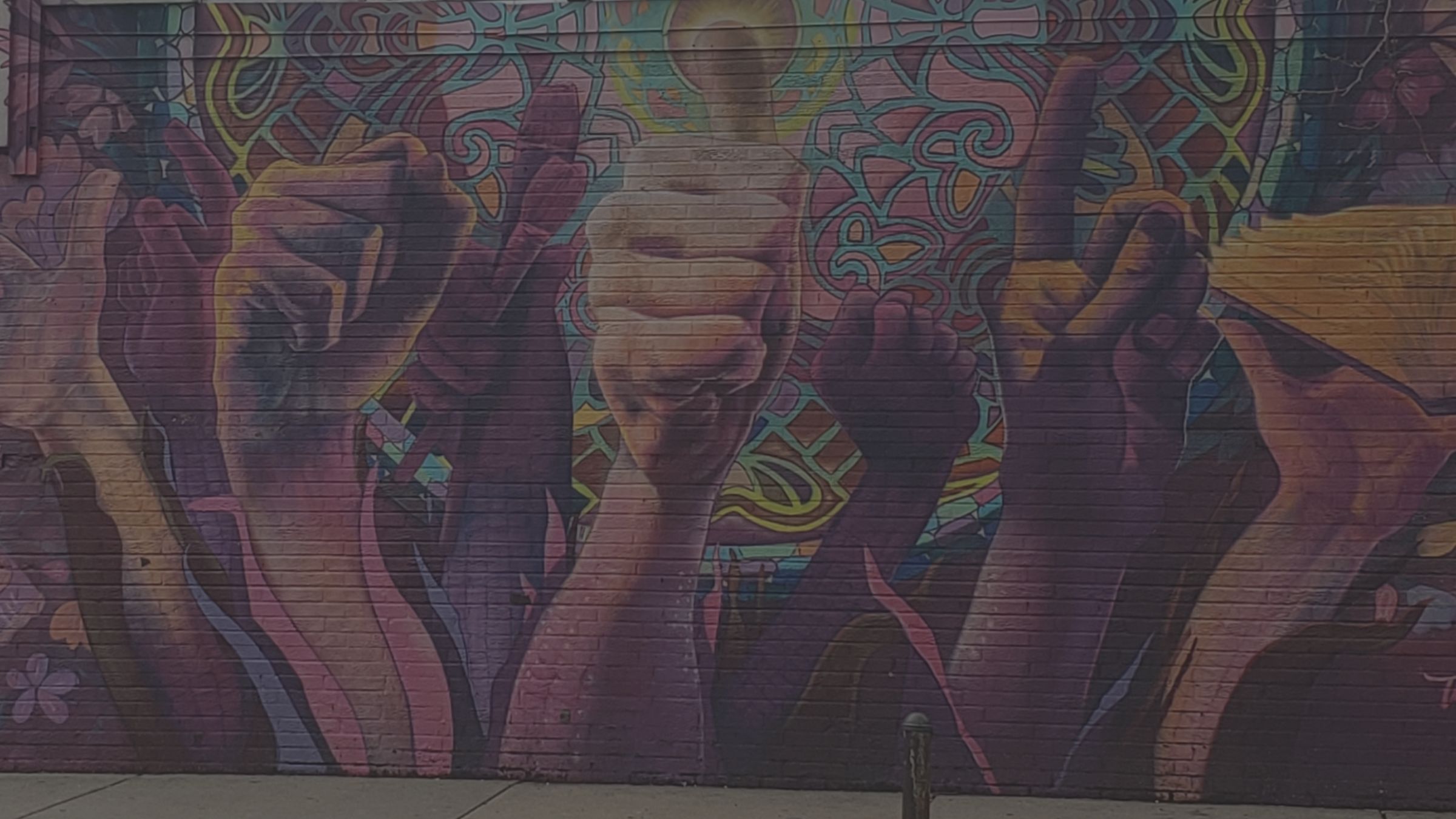Organizational Community Engagement Stipend Policy
Purpose and Intent
Delta Institute (Delta) is committed to equitably compensating our partners to fully value their expertise, skills, and time. We believe that redevelopment without community voice and inclusion is racist, classist, extractive, and perpetuates legacy injustices. Furthermore, by providing equitable compensation, Delta can create a more inclusive environment where more project partners may participate and share their voices, thereby ensuring a more successful project that addresses the community’s needs and further fulfills Delta’s mission.
Guidelines
When determining an equitable compensation policy for community partners, there is no one-size-fits-all approach that can serve each unique community’s needs. Delta will use the following guidelines when working with project partners to determine equitable compensation rates for participants.
- Build upon mutual trust and respect: Community engagement and collaboration between Delta and project partners must be built upon a foundation of building mutual trust and respect as well as the sharing of power, benefits, and leadership.
- Communication with project partners: Open and honest communication between Delta and project partners will help determine equitable compensation rates. Because place-based community leaders and representatives know their communities best, they may be able to help provide the best insights in determining fair and equitable compensation.
- Advance planning: Consider working with project partners in advance to help determine an estimated community engagement stipend. This not only demonstrates to prospective funders that equitable compensation is a priority, but it also helps ensure an inclusive planning process at a project’s earliest stages.
- Assessing median income: While assessing the local median income can help inform compensation, over-reliance on these figures can reinforce economic inequities impacting the communities with whom we are partnering. Compensation rates that mirror income rates in low-to-moderate income communities would only further perpetuate inequitable pay.
- Considerations for unbanked or underbanked communities: About one quarter of US residents are unbanked or underbanked, meaning that they do not have access to—or choose not to use—a checking, savings, or money market account and/or rely on alternative forms of financial service. This can be especially true in rural communities and communities with large portions of undocumented immigrants. Delta, along with project partner leaders, should take this into consideration when planning for community stipends. Depending on the community’s needs, failure to consider this may result in a less inclusive project process where not all community voices are heard. When possible, Delta should first consider asking trusted place-based project partners to disburse Delta’s stipends. In other circumstances, Delta should consider if alternative compensation approaches, other than check distributions, may be necessary to mitigate additional burdens or barriers for participation.
Legal considerations
When determining equitable compensation for project partners, Delta must also consider legal implications from federal, state, and local laws. For example, Delta must consider the following guidelines from the US Department of Labor:
- If a volunteer is paid a stipend of over $500 per year, or more than 20% of what a typical employee would be paid for the same service, the volunteer must be classified as an employee of the organization. As such, nonprofits should not pay more than a nominal 20% of what an employer would otherwise pay for the same service.
- Organizations should not offer volunteers the same benefits that paid employees receive.
- Organizations should clearly state that if a volunteer receives more than $500 in a year for compensation, they may be considered an employee and no longer receive protection from liability claims by the Federal Volunteer Protection Act.
Suggested framework for project budget considerations for community partners
- Hour range: 1-25 hours
- Experience range: Low-Moderate Direct Experience
- Investment Range: $2,500-$5,000 based on specific project scope
- Notes and Considerations: If beyond hour/experience range, please see below note.
- Hour range: 1-20 Hours max
- Experience Range: Low-Moderate Direct Experience
- Investment Range: $25.00 per hour ($500.00 max), plus travel reimbursement
- Notes and Considerations: If beyond hour/experience range, please see Legal section.
- Hours: 10+ Hours
- Experience Range: Moderate-High Direct Experience
- Investment Range: Contract Scope Basis
- Notes and Considerations: Contractual scope to determine exact hours, activities, and related fees/investment.
If hours or experience is to be exceeded beyond the above, then bespoke contracting/stipends will be determined with the partner to respect their incurred costs (inclusive of time spent).
Additional considerations for inclusive participation
Ensuring community inclusion also extends beyond equitable compensation. It is important for Delta to consider how to best host inclusive meetings and events for projects. Delta’s staff are encouraged to refer to our Inclusive Events & Meetings Protocols Guide and other resources promoting diversity, equity, and inclusion.
References
Black, K. Z., Hardy, C. Y., De Marco, M., Ammerman, A. S., Corbie-Smith, G., Council, B., Ellis, D., Eng, E., Harris, B., Jackson, M., Jean-Baptiste, J., Kearney, W., Legerton, M., Parker, D., Wynn, M., & Lightfoot, A. (2013). Beyond incentives for involvement to compensation for consultants: Increasing equity in CBPR approaches. Progress in Community Health Partnerships, 7(3), 263-268. https://dx.doi.org/10.1353%2Fcpr.2013.0040.
Board of Governors of the Federal Reserve System. (2019, June 5). Banking and credit. The Fed. Retrieved from https://www.federalreserve.gov/publications/2019-economic-well-being-of-us-households-in-2018-banking-and-credit.htm.
Martin, N. (2015). Giving credit where credit is due: What we can learn from the banking and credit habits of undocumented immigrants. Michigan State Law Review, 2015(1), 989-1042. http://dx.doi.org/10.2139/ssrn.2587436.
Urban, J. (2019, Jun. 19). Nonprofit volunteers and stipends. Legal Good. Retrieved from https://www.legalforgood.com/post/nonprofit-volunteers-and-stipends.


